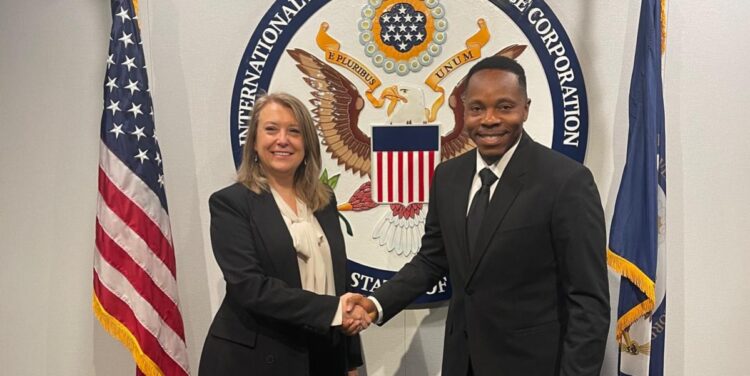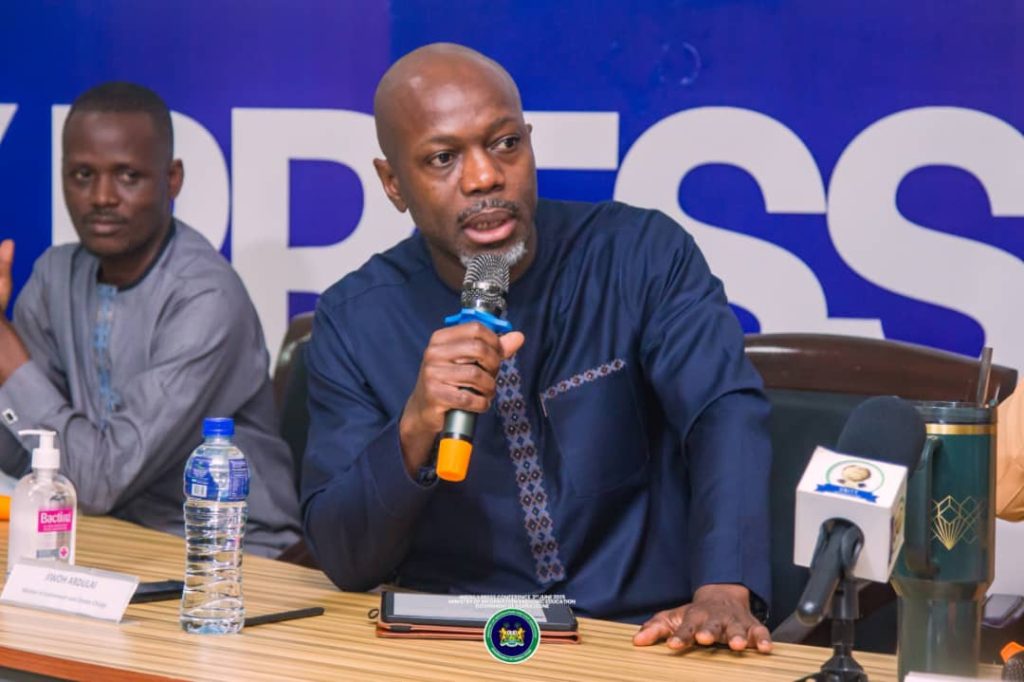The Flawed Process Behind the Abolition of the Jury System in SL

On July 5, 2024, the Sierra Leone Parliament passed the Criminal Procedure Act 2024, effectively abolishing the jury system. This critique focuses not on the merits of the jury system itself, but on the process leading to its abolition.
In advocating for the removal of jury trials from the Bill, the Attorney General made several assertions, one of which was, “We are the only country within the African sub-region, apart from East Africa, practicing the Jury System.” This statement, however, is factually incorrect. Contrary to the Attorney General’s claim, Ghana mandates jury trials for offenses punishable by death and life imprisonment under its constitution. Similarly, Liberia’s constitution enshrines the jury system as a critical component of its judicial process. Additionally, several francophone West African civil law systems still utilize the jury system in limited capacities. These facts, crucial to the debate, were conveniently omitted by the Attorney General, undermining the legislative process’s integrity.
It is imperative that individuals, especially ministers, provide accurate and truthful information when addressing Parliament. Regrettably, it is clear that on this occasion, the Attorney General either inadvertently or deliberately presented false information. Such actions tarnish the prospect of justice system reform in Sierra Leone.
Equally concerning was the Attorney General’s unexpected advocacy for the removal of jury trial provisions during parliamentary deliberations. Public consultations on the Bill were conducted based on a draft that included provisions for jury trials, not their removal. It is customary for ministers to defend the content of Bills they present to Parliament. However, the Attorney General’s stance on removing jury trials from the Bill contradicted the initial draft submitted for public consultation.
This situation raises profound concerns and underscores critical lessons. Moving forward, there must be heightened vigilance to scrutinize Bills beyond their initial presentation for public consultation. The true intentions behind legislative amendments may not always align with their stated objectives.
Moreover, this episode threatens the credibility of the legislative process and democratic principles. It begs the question: how can the legislative process maintain integrity if public consultation feedback is disregarded in favor of last-minute amendments contrary to the initial draft? Are similar scenarios to be expected in forthcoming legislative processes, including constitutional reviews and implementation of tripartite recommendations?
At a time when public trust in institutions is precarious, the Attorney General’s actions have further eroded confidence. To restore trust, the President should reject signing the Criminal Procedure Act 2024 and return it to Parliament for reconsideration. The abolition of the jury system, under these circumstances, represents a regressive step and undermines the interests of the people of Sierra Leone.
Additionally, there should be an inquiry into why the Attorney General chose to oppose provisions he initially included in the Bill concerning jury trials. The Attorney General owes Parliament an explanation for his misleading statement about Sierra Leone’s jury system status. If this statement was made unintentionally, the Attorney General should promptly acknowledge the error, provide accurate information, and address any misconceptions.
Democracy, justice, and the rule of law hinge on trust and credibility. Those entrusted to uphold these principles must not betray them.








